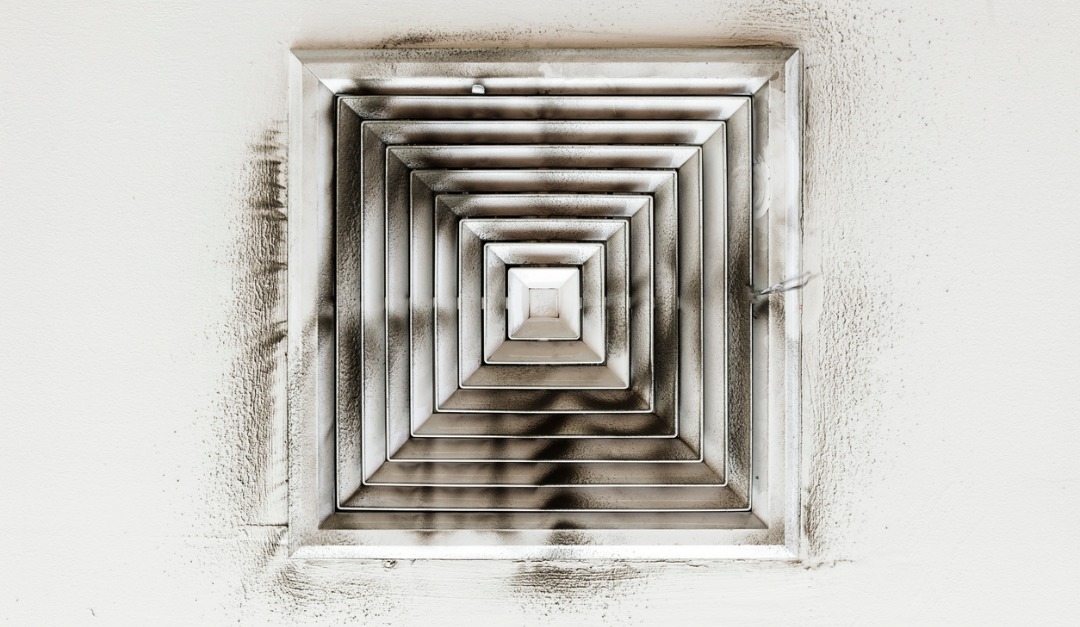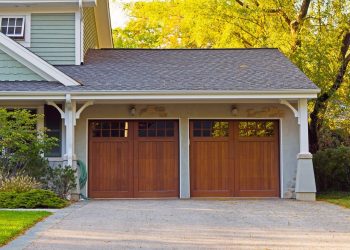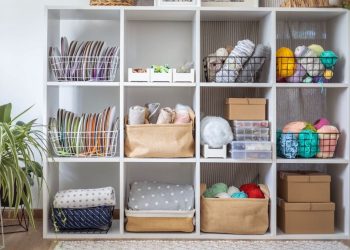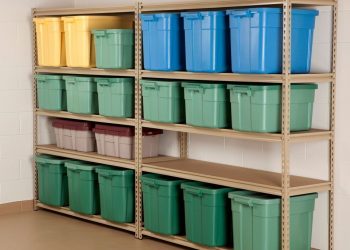You rely on your HVAC system to keep your house warm in the winter and cool in the summer. But a dirty or clogged filter can have a significant impact on its performance, your bills and your family’s health. With some simple routine maintenance, you can keep your home comfortable and prevent serious problems.
A Dirty Filter Can Make the HVAC System Less Efficient
A clogged air filter forces the HVAC system to work harder to move air through the house. That means it will take longer for the system to bring your home to a comfortable temperature. Since an inefficient system requires more energy to do its job, your monthly utility costs may also skyrocket.
Not Changing the HVAC Filter Can Lead to Expensive Repair Bills
A fan motor turns blades and pushes air into the house. An air filter clogged with dirt and dust forces the fan motor to work harder. Over time, that can strain the motor and cause it to overheat and break down, which can result in a need for frequent and costly repairs. Operating an HVAC system with a dirty filter can also reduce the system’s overall lifespan. That means you may be forced to replace your furnace or air conditioning unit sooner than you should. You can avoid that large expense by replacing the filter on a regular basis.
A Dirty HVAC Filter Can Affect Your Family’s Health
If an air filter is clogged with dirt, dust, pet dander or mold, those things can circulate throughout your home and your family can breathe them in every day. That can affect even healthy people and can aggravate existing conditions your family members may have, such as allergies and asthma.
A clean air filter can do a better job of trapping contaminants, improve indoor air quality and protect your family from negative health effects. This is important since most Americans spend the majority of their time indoors. Surfaces in your house will also stay cleaner if contaminants aren’t spread through the HVAC system.
When and How Should You Replace Your HVAC Filter?
Air filters should generally be replaced every month or two, but you should check your manufacturer’s guidelines to find out if it recommends changing filters at different intervals. Some homes have multiple HVAC units that may use different filters. HVAC filters can be located in several places in a house, such as in ceiling or wall returns, the basement, the attic, the garage or a crawlspace. If you don’t know the location of your home’s air filter(s), you can check those locations or contact a local HVAC company to ask for assistance.










